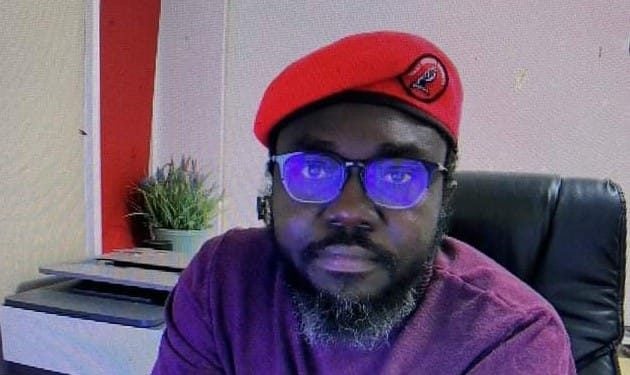Oliver Barker-Vormawor, a legal practitioner and activist, has publicly questioned the credibility and potential impact of former President John Dramani Mahama’s “Operation Recover All Loot” (ORAL) initiative. Barker-Vormawor’s skepticism stems from his perception of the National Democratic Congress (NDC)’s historical reluctance to pursue high-profile corruption cases, especially when compared to the record of the New Patriotic Party (NPP). He argues that the NDC lacks the political will and the demonstrable history of pursuing corruption cases with the same vigor as the NPP, suggesting that ORAL may be more of a political slogan than a genuine commitment to accountability.
Barker-Vormawor’s critique is rooted in a comparative analysis of the two parties’ actions regarding corruption allegations. He cites specific instances during the Kufuor administration (NPP) where several senior NDC officials, including a sitting Member of Parliament, faced prosecution and subsequent imprisonment. He underlines the role of then-Attorney General Nana Addo Dankwa Akufo-Addo in leading many of these cases, portraying the NPP as having a more assertive and proactive stance against corruption within its own ranks and across the political divide. This contrasts sharply, in his view, with the NDC’s perceived leniency.
Further strengthening his argument, Barker-Vormawor points to the Akufo-Addo presidency, where three NDC MPs faced prosecution. While two were acquitted, the ongoing nature of the third case, according to Barker-Vormawor, demonstrates a willingness to pursue legal action against political opponents. He also highlights Akufo-Addo’s unprecedented move of filing a criminal complaint against former President John Mahama related to the Airbus scandal. This action, Barker-Vormawor contends, was a significant step towards dismantling the perceived immunity of former presidents and a clear signal of intent to hold even the highest office accountable.
In stark contrast, Barker-Vormawor criticizes the NDC’s approach to corruption allegations, particularly during the presidency of the late John Atta-Mills. He argues that Atta-Mills’ “Father for All” philosophy fostered an environment of impunity where alleged corrupt officials were shielded from accountability. This perceived leniency, according to Barker-Vormawor, has created a pattern within the NDC that casts doubt on the sincerity and potential effectiveness of Mahama’s ORAL initiative. He suggests that the NDC’s history of inaction weakens its credibility in pursuing corruption cases, irrespective of the stated intentions of the ORAL program.
Barker-Vormawor’s skepticism culminates in a sardonic observation: “I feel like if ORAL was an NPP project, there would be a sword-cutting ceremony for the expansion of Nsawam Prisons within the first 10 days.” This statement encapsulates his belief that the NPP’s demonstrated willingness to prosecute corruption cases would result in swift and decisive action, leading to a potential increase in prison populations. This contrasts with his perception of the NDC’s approach, which he implies would likely result in limited, if any, significant prosecutions.
In essence, Barker-Vormawor’s critique of ORAL centers on the perceived disparity between the NDC’s rhetoric and its historical actions regarding corruption. He contrasts the NDC’s record with the NPP’s, arguing that the latter has consistently demonstrated a greater willingness to pursue and prosecute corruption cases, even against high-ranking officials and former presidents. This comparison fuels his skepticism about the genuine intent and potential effectiveness of Mahama’s ORAL initiative, which he views as lacking credibility due to the NDC’s past actions. He implies that without a fundamental shift in the NDC’s approach to accountability, ORAL is likely to be more of a political performance than a genuine effort to recover stolen public funds.














